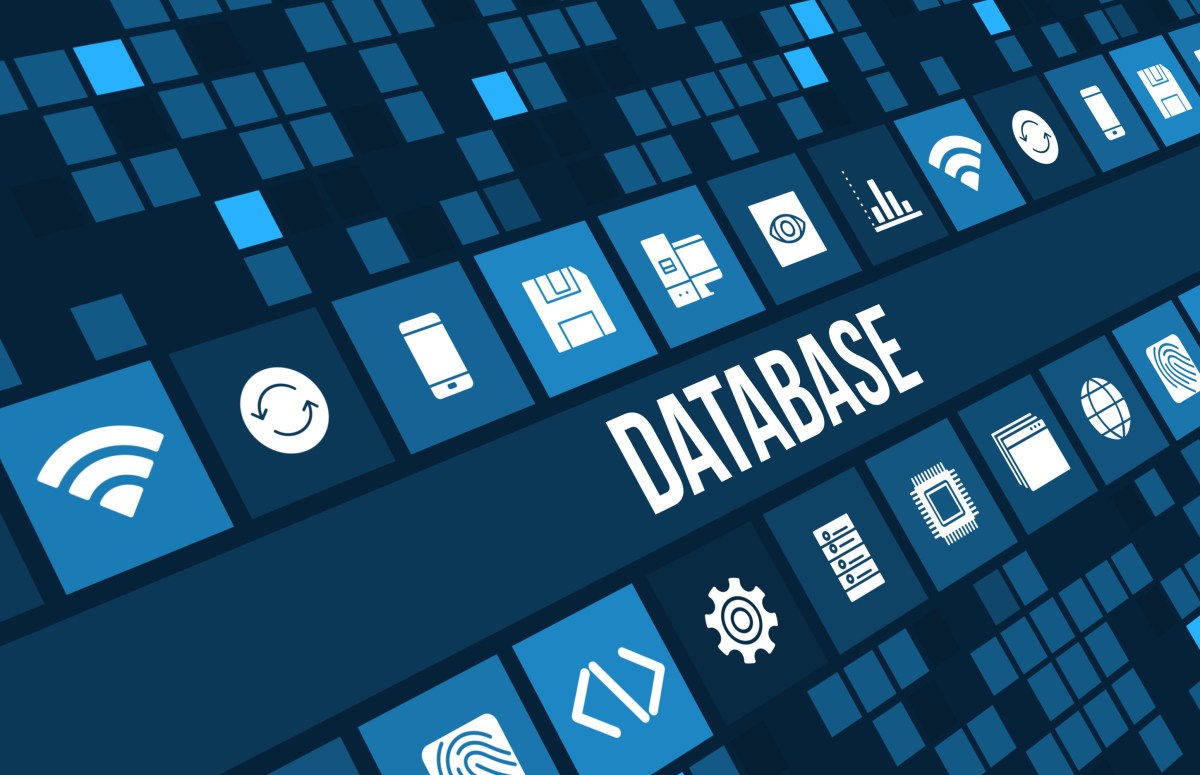SQL stands for Structured Query Language. Pronounced “ess-que-el,” SQL is the means by which we communicate with a database. It is the standard language for relational database management systems, according to ANSI (American National Standards Institute).
Oracle, Microsoft SQL Server, Sybase, Ingres, Access are only a few of the common relational database management systems that use SQL. While each of these database systems use SQL, each will also have additional proprietary extensions that are typically used on just its system. An understanding of SQL, however, will allow you to navigate any of them, as the standard commands (“Insert,” “Update,” “Delete,” “Drop,” “Create,” “Select”) can be used to accomplish just about everything.
IMAGE: ZONEINFORMASI
A Brief SQL Explanation
SQL offers a wide array of advantage to businesses. Since it’s designed to manage databases, that gives a company the ability to run complex queries on specific information. SQL can gather selected details, based off of listed criteria, saving an employee from looking through the database by hand. A few simple commands and the pertinent information is pulled up. SQL is also useful for marketing professionals, essentially granting them access to a magic Excel spreadsheet, one that gives them every type of data regarding their consumers.
For those looking to use Microsoft specifically, SQL Server is the form of SQL to be most familiar with. Not only does SQL Server support querying via ANSI SQL and its own Transact-SQL (T-SQL), it also supports extensive business Intelligence features. By including Integration Services (for transforming data between SQL Server and other data sources), Reporting Services (for creating and disseminating reports), and Analysis Services (for online analytic data mining and processing), SQL Server greatly increases business database potential.
If you’re interested in learning SQL Server for individual or business purposes, the internet provides a wide array of classes. SQL Server Training will teach you Transact-SQL (T-SQL), the Microsoft extension of SQL, which is a universal language used for interacting and querying with relational databases. Developers are encouraged to take Transact-SQL, as well as Accelebrate’s SQL Server Business Intelligence training, which includes SSAS training (Analysis Services and the related MDX query language), SSIS training (Integration Services), and SSRS training (Reporting Services).
Analysts and Administrators are encouraged to take Accelebrate’s SQL Server Business Intelligence training as well. In addition, administrators are encouraged to take an Accelebrate SQL Server administration class. Accelebrate classes include training on all the most recent versions: 2012, 2008R2, and SQL Server 2008.
Course offerings are customizable for business teams. Some individual classes are also live online. In addition to providing online training, Accelebrate’s classes are available to groups of three or more at your site. If SQL looks like a necessary part of your future, don’t hesitate to invest in the appropriate training.
If you are interested in even more technology-related articles and information from us here at Bit Rebels then we have a lot to choose from.


COMMENTS